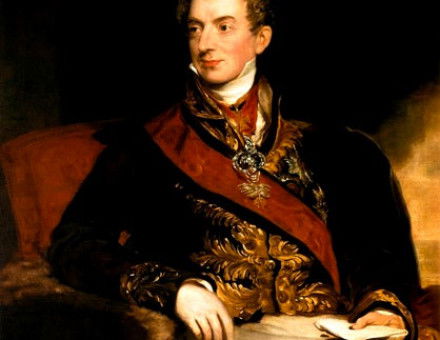Volume 10 Issue 10 October 1960
Between the Congress of Vienna and the Year of Revolutions, Vienna enjoyed a homely, idyllic period of gaiety, security and peace. In 1848, writes Tudor Edwards, the idyll was shattered by bloody revolts throughout the Empire.
Henry Fairlie asserts that Aneurin Bevan strove to maintain, and even reassert, the predominance of politics over all its spurious rivals.
John Gage gauges the impact of Italian influences trickling through to Britain until the 17th century.
Albert Makinson offers a study of Edward II's “over-mighty subject” who, having suffered a violent death as a rebel against the King, became a popular hero and a strong candidate for canonization.
Boyd Alexander profiles a man whose whole life and fortune were spent in creating and living out a youthful dream. But William Beckford was not only a romantic visionary: he was also an inspired collector and an artistic pioneer.
By his very ruthlessness, Julius Caesar made himself indispensable to the State he had largely been responsible for disrupting. Peter Green assesses the Caesarian legend he left behind him, as well as its malign influence upon later ages.



